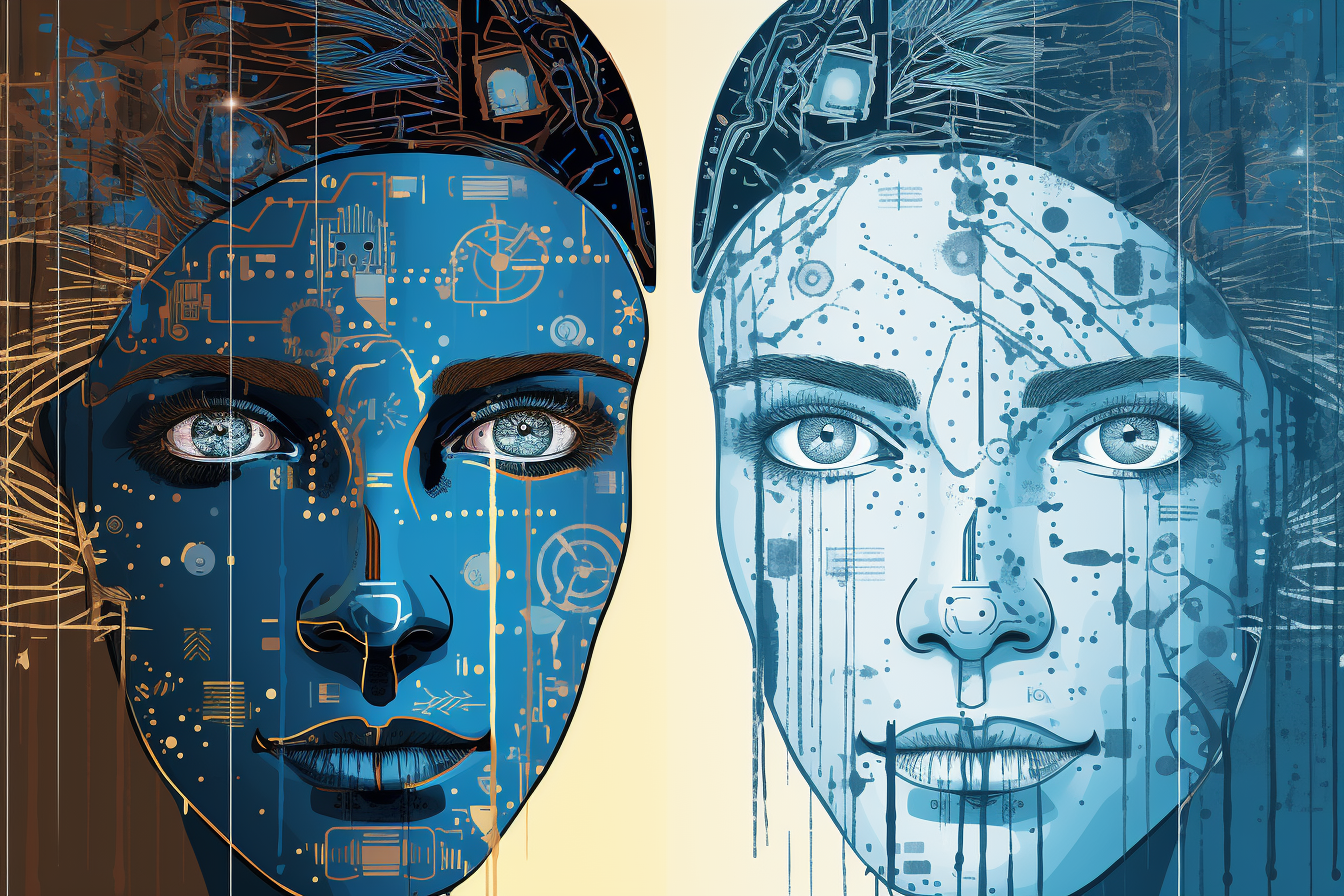ChatGPT’s Next Frontier Video Creation in the Age of Deepfake

The world of content creation is about to change dramatically. Imagine combining the conversational prowess of ChatGPT with a video creation feature. This innovation promises to revolutionize the way content creators, tech enthusiasts, and digital marketers produce and consume video content. However, it also raises important questions in the age of deepfake technology. Today, we’ll explore this fascinating development, its potential impact, and how to navigate the challenges it presents.
The Rise of AI in Content Creation
In recent years, Artificial Intelligence (AI) has transformed various sectors, from healthcare to finance. Content creation is no exception. Tools like Chatgpt português have already proven invaluable for generating text-based content, but the introduction of video capabilities takes things to a whole new level. With video content becoming increasingly popular, this feature could be a game-changer for many.
Understanding Deepfake Technology
Deepfake technology uses AI to create realistic videos where people appear to say or do things they never actually did. While it can be used for fun and creative purposes, it also has significant implications for authenticity and trust. The infamous Jordan Peele Obama deepfake video highlighted these concerns, making it clear that the public is becoming more aware and wary of such technologies.
ChatGPT’s Video Creation Tool
Imagine being able to generate high-quality video content with just a few commands. That’s the promise of Chatgpt deutsch kostenlos upcoming video creation feature. Whether you’re a content creator looking to diversify your output or a digital marketer aiming to engage your audience more effectively, this tool offers immense potential. It could even democratize video production, much like how Vyond has done for animated videos.
Boosting Content Quality and Creativity
One of the most exciting aspects of Chatgpt 日本語 video creation tool is its potential to enhance content quality and creativity. By automating the more tedious aspects of video production, creators can focus on what they do best—coming up with innovative and engaging ideas. This could lead to a surge in the quality of online content, providing audiences with richer, more varied experiences.
Challenges of Ethical AI Use
With great power comes great responsibility. The integration of AI in content creation raises ethical questions. How can we ensure that this technology is used responsibly? Industry experts like those at Adobe have been working on tools to detect deepfakes and verify content authenticity. These initiatives are crucial for maintaining trust in the digital world.
Community and Industry Insights
The tech community is buzzing with opinions on the integration of AI in content creation. Some see it as a revolutionary step forward, while others are cautious about the ethical implications. For instance, YouTube has implemented policies to ban deepfake videos that mislead viewers. These community-driven standards are essential for navigating the ethical landscape of AI.
Practical Tips for Navigating AI Tools
If you’re a content creator, digital marketer, or tech enthusiast, here are some tips to help you make the most of AI-powered content tools:
- Stay Educated: Keep up-to-date with the latest developments in AI and deepfake technology.
- Use Ethically: Always consider the ethical implications of your content.
- Engage with the Community: Participate in discussions and share your experiences with AI tools.
Case Study Vyond
Vyond is an excellent example of how accessible video tools can democratize content creation. By allowing users to create animated videos easily, Vyond has shown that quality video production doesn’t have to be out of reach for small businesses and educators. ChatGPT’s video creation tool could offer similar benefits, making high-quality video content accessible to all.
The Jordan Peele Obama Deepfake
This viral video served as a wake-up call for many, highlighting the potential risks of deepfake technology. It also underscored the importance of content authenticity. The public’s reaction to this video shows that while deepfakes can be entertaining, they also have the power to deceive and mislead.
Adobe’s Content Authenticity Initiative
Adobe has been at the forefront of efforts to maintain content integrity. Their Content Authenticity Initiative aims to develop tools that can detect deepfakes and track content sources. This is an important step in ensuring that AI is used responsibly in content creation.
YouTube’s Deepfake Policy
YouTube’s approach to deepfake content is a case study in balancing innovation with ethical considerations. By banning videos that “materially mislead” viewers, YouTube is taking a stand for content integrity. This policy serves as a model for other platforms navigating the challenges of AI in content creation.
The Future of Content Creation
Looking ahead, the future of content creation is incredibly exciting. AI tools like ChatGPT’s video creation feature will likely become indispensable for content creators, offering new ways to engage audiences and produce high-quality content. However, it’s essential to balance this innovation with ethical considerations, ensuring that we build a digital world based on trust and authenticity.
Final Thoughts
The integration of AI in content creation offers immense potential but also comes with significant responsibilities. By staying informed, engaging with the community, and using these tools ethically, we can harness the power of AI to create a brighter, more inclusive digital future.
For more insights into the future of content creation and how AI can benefit your work, sign up for our newsletter or explore more articles on our blog. Together, let’s shape the future of content creation responsibly and creatively.




